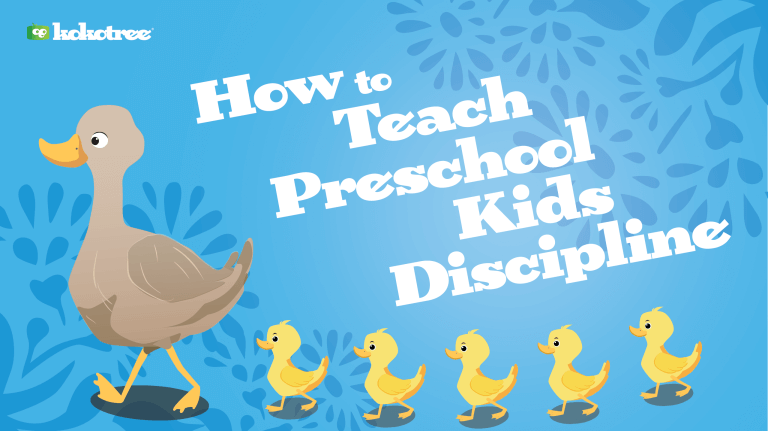

Most parents want their kids to be successful. And they want to be less stressed. What if there was a way to do both?
Well, there is. It’s called discipline.
Discipline isn’t about being strict and authoritarian; it’s about teaching your kids how to behave in a way that will help them succeed. And believe it or not, it can be fun for you and your kids!
So how do you teach preschool kids discipline? Read on for some tips!
The first step to teaching your child discipline is to model the behavior you want to see. If you want your child to be respectful, be respectful yourself. If you want your child to be patient, be patient yourself. Children learn by watching and imitating those around them, so you must set a good example.
When explaining the rules to your child, be clear and concise. Use short, simple sentences that they will understand. Avoid using words that might be confusing or that they might need to learn the meaning of.
It’s essential to be consistent when teaching your child discipline. If you allow your child to do something one day and then forbid it the next, they will become confused and know what is expected of them. Choose a few rules that are important to you and stick to them.
When your child exhibits the behavior you want to see, praise them for it, and this will reinforce the desired behavior and make it more likely that they will continue to do it in the future. You can also use rewards such as stickers or small toys to encourage good behavior.
It’s important to remember that children learn at their own pace, and some children will catch on quickly, while others might need more time. Be patient with your child and stay calm if they seem to be getting it right away.

Get free parenting tips, news, updates, and content from Kokotree.
Physical punishment such as spanking or hitting is ineffective in teaching discipline and can lead to more problems. Physical punishment can make children more aggressive and can damage the parent-child relationship. If you are angry, take a deep breath and walk away from the situation until you’ve calmed down.
One of the most important things to avoid is a power struggle with your child. If you find yourself getting into arguments or yelling matches with your child, it’s time to take a step back and reevaluate the situation. Try to find a different way to approach the problem so that you can avoid a power struggle.
It’s essential to set limits with your child and make sure that you stick to them. If you tell your child they can only have two cookies, then make sure you don’t give in when they beg for more. This will only teach them they can push their limits and get away with them.
In addition to setting limits and sticking to them, it’s also important to be consistent with consequences. If you tell your child they will lose a privilege if they don’t behave, ensure that you enforce this consequence every time their behavior falls short of the limit. This consistency will help your child learn what behavior is expected of them and teach discipline.
Make sure your child knows what is expected of them before they are expected to do it. For example, if you want them to clean up their toys before they go outside to play, tell them this ahead of time, so they know what they need to do. Giving clear and concise instructions will help your child succeed in meeting your expectations.
If your child does not meet your expectations, there should be some consequences for their bad behavior. This could be like losing privileges such as TV time or being sent to their room for a short period. The key is to make sure the consequences are appropriate for the child’s age and that they are consistently enforced.
Discipline is an integral part of raising children. It involves setting limits, being consistent, and using positive reinforcement to encourage good behavior.
Some essential tips for teaching discipline to your child include focusing on specific behaviors you want to see, using positive reinforcement when your child exhibits these behaviors and setting clear expectations for what you expect from them.
It’s also important to be patient and avoid physical punishment or power struggles, as these can negatively affect you and your child.
Finally, it’s essential to be consistent with consequences when your child does not meet expectations to learn discipline and develop healthy habits as they grow up.



